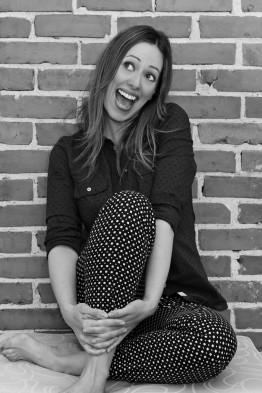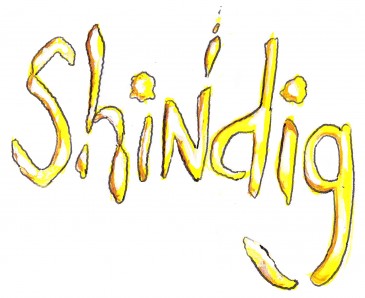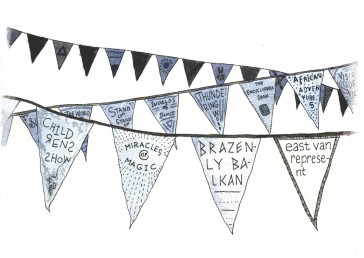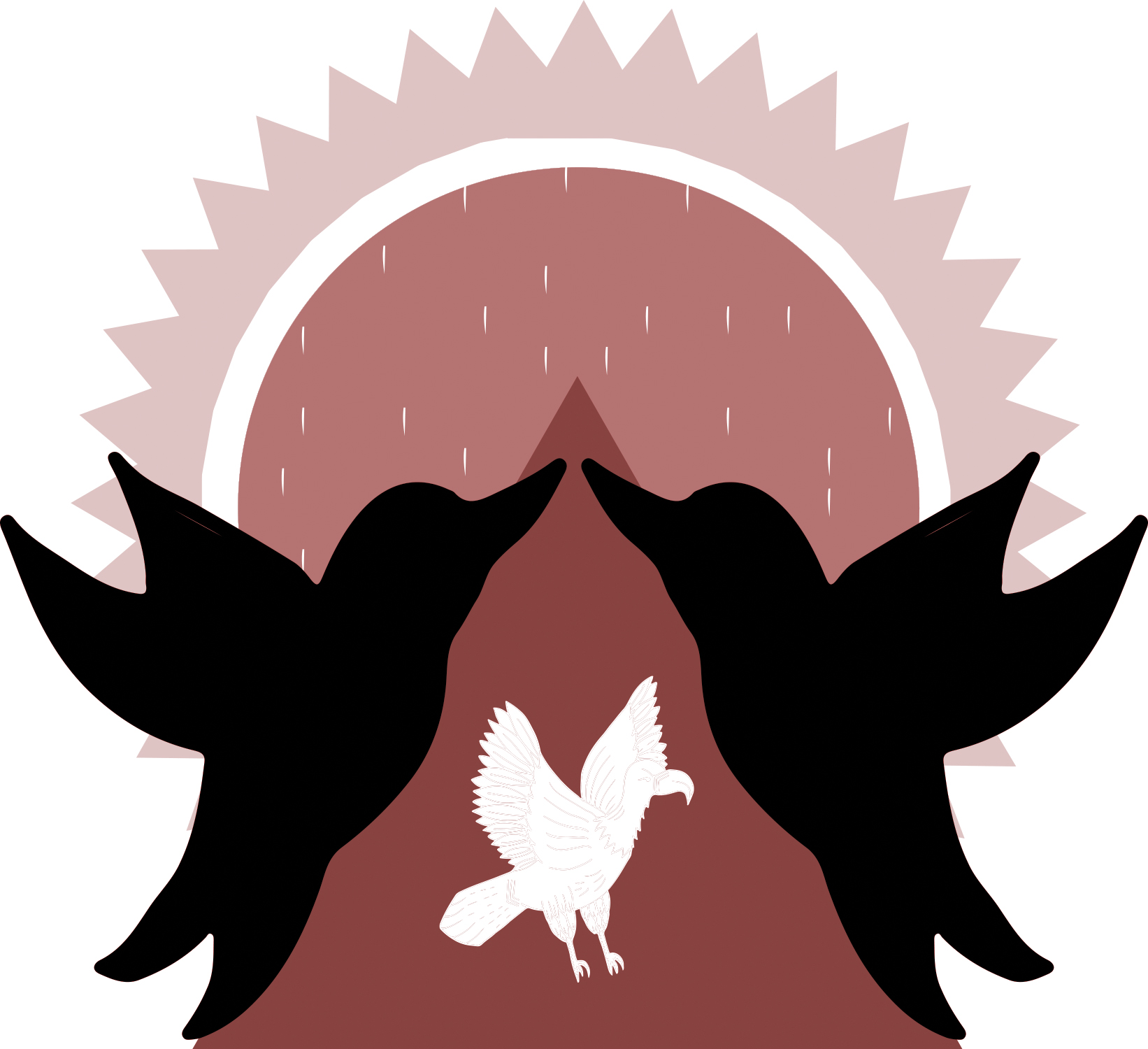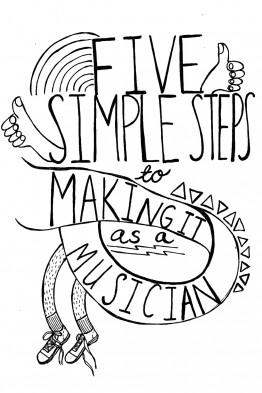
It’s after 10 p.m. on a snowy night in December. I’m in the old Ted Harris paints building on Hastings Street, clapping into a microphone with John Collins (New Pornographers). This is JC/DC studios, run by Collins and David Carswell. We’re almost done recording my EP, but one track is missing something. That something is claps.
Collins asks me why I’ve burst into giggles. If someone had told me two years ago that I’d be recording an album, here, like a real musician, I’d have screamed, sat on them, and demanded they told me how. It never occurred to me that you can just do that.
Mostly, I still have no idea how it all works, but for a couple years I’ve been playing shows, writings songs, and making records under the name Young James. I’ve been able to do these things because my musician friends offered helpful tips that every fledgling like myself should know.
1. music is d.i.y.
It’s easy to think of musicianhood as either something that just happens, à la Canadian Idol, or as something that comes from taking your first instrument lesson alongside your first steps. For years, that’s how I saw it.
But when I first met my roommate Ryan Boeur, he was hand-gluing CD cases for Fish and Bird, his indie-folk band that successfully tours for over six months every year. As I wrote an essay for school, he was emailing venues in Calgary. He showed me that you can just do that. It’s just a lot of work.
All you have to do is find and schedule a recording studio; find and schedule someone to mix and master the album; press it, digitize it, and send it to every media outlet available; book a tour, venues, and accommodations; make and sell merchandise; save your receipts for tax time; and finally, practise and play music.
If you don’t want to live out of a tour van, you’ll be busier. Veda Hille teaches piano lessons and collaborates with the Leaky Heaven Circus, the Folk Fest, and the City of Vancouver. Jenny Ritter teaches guitar and banjo, and leads two choirs. Barry Mirochnick — drummer for Hille, Neko Case, and Jacob Dylan — hires himself out as a studio musician. (Lucky for me, also on my EP.)
2. don’t expect to “make it” as a musician.
I put my student loans into recording this winter so I’d have something to submit to music festival applications, so that they’d book me to play next summer, bringing me fame and fortune. Friend and fellow songwriter, David Newberry, tells me that’s not how it works and I’m missing the point.
Newberry has been touring Canada off and on for years, so he knows how to prioritize the doing of music. Recording is fun and fulfilling in its own right and having an album forces you to find ways to sell it.
It doesn’t have to lead to a “big break.” In fact, years into a career, even your most dedicated fans may still flake on your shows. But if they don’t, music might put some food on your table. That’s success, as far as he sees it.
3. be nice.
No one likes an ass-hat. When you make your living being the center of attention, it’s easy to forget that you’re no more special than any other person there. If you’re just as glad as they are to be there, everyone wins.
I funded my album in part through an old fashioned music show fundraiser at the Artbank. The event relied on people showing up and spending money, and on professional musicians (like Newberry and Ritter) singing for free, not to mention the last-minute volunteers who worked the door and sold raffle tickets — something I expected to do myself. The night was fabulous and raised over half of what I spent on recording. It would have been impossible if it weren’t for the relationships I have with the people who helped.
4. be good.
Being friendly doesn’t make you talented, so practice a lot. If you want it to pay your bills, spend money on lessons and gear, then practice some more. Take it as seriously as you want to take it, and as you want people to take you, and you might make back in cash what you spent in time and effort.
5. have fun.
Have fun and your audience will have fun and your gas station ham sandwich will taste better. This is a job, but if you really want to do it, it’ll be the best job you ever had.
Jaimie Kendall-Ward, a.k.a. Young James, releases We Don’t Know Anything this May. Until then, visit his Bandcamp, Facebook, or youngjames.com for tunes.


